Serengeti National Park
Serengeti Shall Not Die
Best Time to Go
All year around
Famous For Over 2M+
Wildebeest Migration
UNESCO
World Heritage Site
Peak Time
June - October
Let’s plan your safari together!
Location & Size
- Location: Northern Tanzania
- Area: 14,763 sq km (5,700 sq miles)
- Coordinates: 2.3333°S, 34.8333°E
- Elevation: 920-1,850 meters above sea level
Establishment
- Founded: 1951
- UNESCO Status: World Heritage Site (1981)
- Management: Tanzania National Parks Authority (TANAPA)
- Ecosystem: Part of the larger Serengeti ecosystem
Ecosystem Type
- Primary Habitat: Savanna grasslands
- Climate: Tropical savanna climate
- Rainfall: 950mm annually (southeast) to 550mm (northwest)
- Seasons: Dry (June-October) and Wet (November-May)
Serengeti National Park
“Siringet” comes from the Maasai people, and it means “the place of endless plains.”
The Serengeti National Park is Tanzania’s oldest and most famous park, often called the heart of African safaris. The name comes from the Maasai word “Siringet,” meaning “endless plains,” and it truly feels endless when you stand on its wide-open grasslands.
Established in 1951, the park covers about 14,763 square kilometers in northern Tanzania and is protected as a UNESCO World Heritage Site. It is home to an amazing variety of animals, including the Big Five, lions, leopards, elephants, buffaloes, and rhinos.
The Serengeti is most famous for the Great Migration, the world’s last great wildlife journey, where over two million wildebeest, zebras, and gazelles move across the land each year searching for fresh grass and water. This incredible event, along with the park’s landscapes and rich wildlife, has made Serengeti a world favorite. In fact, it has been named Africa’s Leading National Park for seven years in a row. Visiting Serengeti means stepping into a true wildlife paradise, one of the best safari experiences anywhere on Earth.
More about the Serengeti
The Serengeti is one of the most famous parks in the world, but it did not start that way. Back in 1921, people first began to protect this land. By 1951 it was made an official national park, and today it covers about 14,763 square kilometers. The Serengeti is also part of a much bigger system that connects with the Masai Mara in Kenya, the Grumeti and Maswa Game Reserves, the Ngorongoro Conservation Area, and the Loliondo Game Controlled Area.
The park is full of different landscapes. In the south, you find the endless open plains, in the west there are forests, and in the north, there are hills and woodlands. Because of this mix, the Serengeti is home to many kinds of animals and birds.
A safari here is never the same. One moment you might see lions resting in the grass, the next moment giraffes stretching their long necks to eat, and then suddenly a huge herd of wildebeest passing by. In short, the Serengeti is full of surprises—nature always finds a way to make your day exciting.
Wildlife in Serengeti
African Lions
The Serengeti hosts the largest population of lions in Africa, with over 3,000 individuals. These apex predators roam the plains in prides.
African Elephants
Large herds of elephants traverse the Serengeti, particularly in the woodland areas. These gentle giants play a crucial role.
Black Rhinoceros
Though rare, the Serengeti is home to a small population of critically endangered black rhinos, primarily found in the Moru Kopjes area.
Leopards
These elusive big cats are commonly spotted in the kopjes (rock outcrops) and riverine forests, making the Serengeti one of the best places to see leopards.
African Buffalo
Large herds of Cape buffalo roam the plains and woodlands. These formidable animals are known for their unpredictable nature and impressive horns.
Plains Zebras
Over 200,000 zebras participate in the Great Migration alongside wildebeest all year around, creating one of nature's most spectacular wildlife shows on earth.
Great Migration Timeline
Calving Season
Southern Serengeti and Ndutu area witness the birth of over 500,000 wildebeest calves. Predator action is at its peak as vulnerable newborns attract lions, cheetahs, and hyenas.
Northward Movement
The herds begin moving north through the central Serengeti. This is an excellent time for general game viewing with fewer crowds and lush green landscapes.
Western Corridor
The herds reach the Western Corridor and face their first major challenge: crossing the crocodile-infested Grumeti River. Dramatic river crossings provide unforgettable photography opportunities.
Mara River Crossings
The most famous and dramatic part of the migration. Herds cross the treacherous Mara River into Kenya’s Masai Mara, facing crocodiles and strong currents.
Return Journey
Short rains trigger the return journey south. The herds move back through the eastern Serengeti, completing their ancient circular route.
Safari Activities
Experience the Serengeti through various exciting adventures.
Game Drives
Classic safari experience with morning and afternoon game drives. Spot the Big Five and witness daily life on the savanna with expert guides.
Hot Air Balloon Safari
Soar above the endless plains at sunrise for a bird's-eye view of the migration and wildlife. Includes champagne breakfast upon landing.
Walking Safaris
Guided walks in designated areas to experience the smaller details of the ecosystem. Learn about tracks, plants, and local ecology.
Photography Tours
Specialized photography safaris with professional guides who know the best spots for capturing wildlife and landscapes.
Sunrise/Sunset Drives
Experience the magic of African sunrises and sunsets while animals are most active. Perfect for romantic moments and photography.
Cultural Visits
Visit nearby Maasai villages to learn about traditional culture and lifestyle. Experience authentic interactions with local communities.
Things to Know Before You Go to the Serengeti
Best Time to Visit
- Calving Season: January-March (Southern Serengeti)
- River Crossings: July-September (Northern Serengeti)
- Dry Season: June-October (easier game viewing)
- Green Season: November-May (fewer crowds, rain)
Getting There
- Nearest Airport: Seronera Airstrip (park center)
- International: Kilimanjaro Airport (320km)
- By Road: 7-8 hours from Arusha
- Gates: Naabi Hill, Klein's, Ndabaka
What to Pack
- Essential: Binoculars, camera with telephoto lens
- Clothing: Neutral colors, layers, hat
- Health: Sunscreen, insect repellent, malaria prophylaxis
- Documents: Passport, travel insurance, permits
Key Regions of the Park
Seronera (Central)
- Features: Park headquarters, research center
- Wildlife: Resident lions, leopards, elephants
- Landscape: Acacia woodlands and grasslands
- Best for: Year-round wildlife viewing
Northern Serengeti
- Features: Mara River, hilly terrain
- Wildlife: Migration river crossings
- Landscape: Rolling hills and riverine forests
- Best for: July-October migration
Southern Plains
- Features: Ndutu area, short grass plains
- Wildlife: Calving grounds, cheetahs
- Landscape: Endless grasslands
- Best for: January-March calving season
Western Corridor
- Features: Grumeti River, kopjes
- Wildlife: Crocodiles, hippos, colobus monkeys
- Landscape: Gallery forests and rocky outcrops
- Best for: May-June migration
Serengeti Safari Ideas
The Serengeti is a great place to visit any time of the year. Take a look at some of our favorite safari tours that go there.
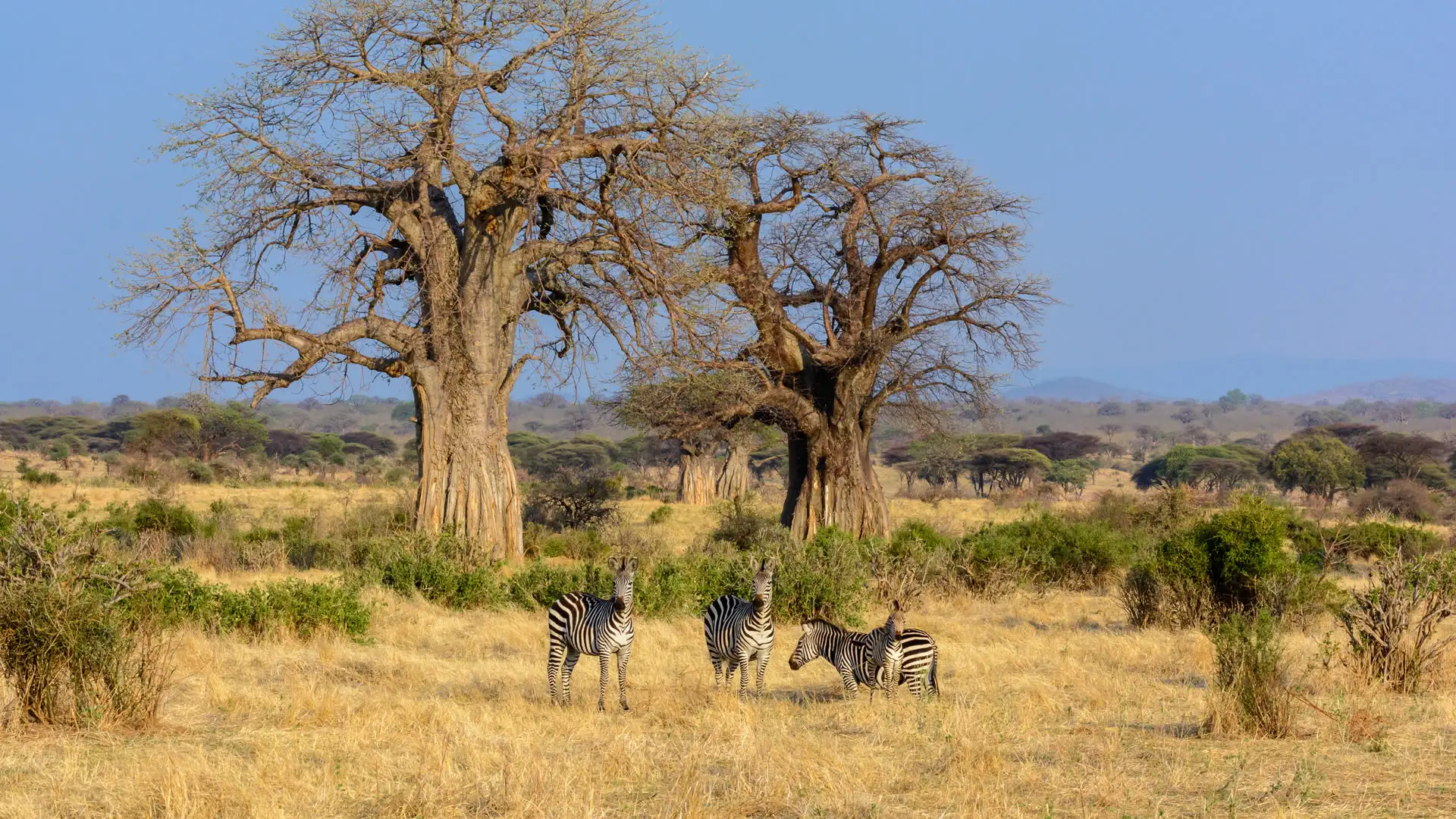
2-Day Lodge Safari to Tarangire and Ngorongoro
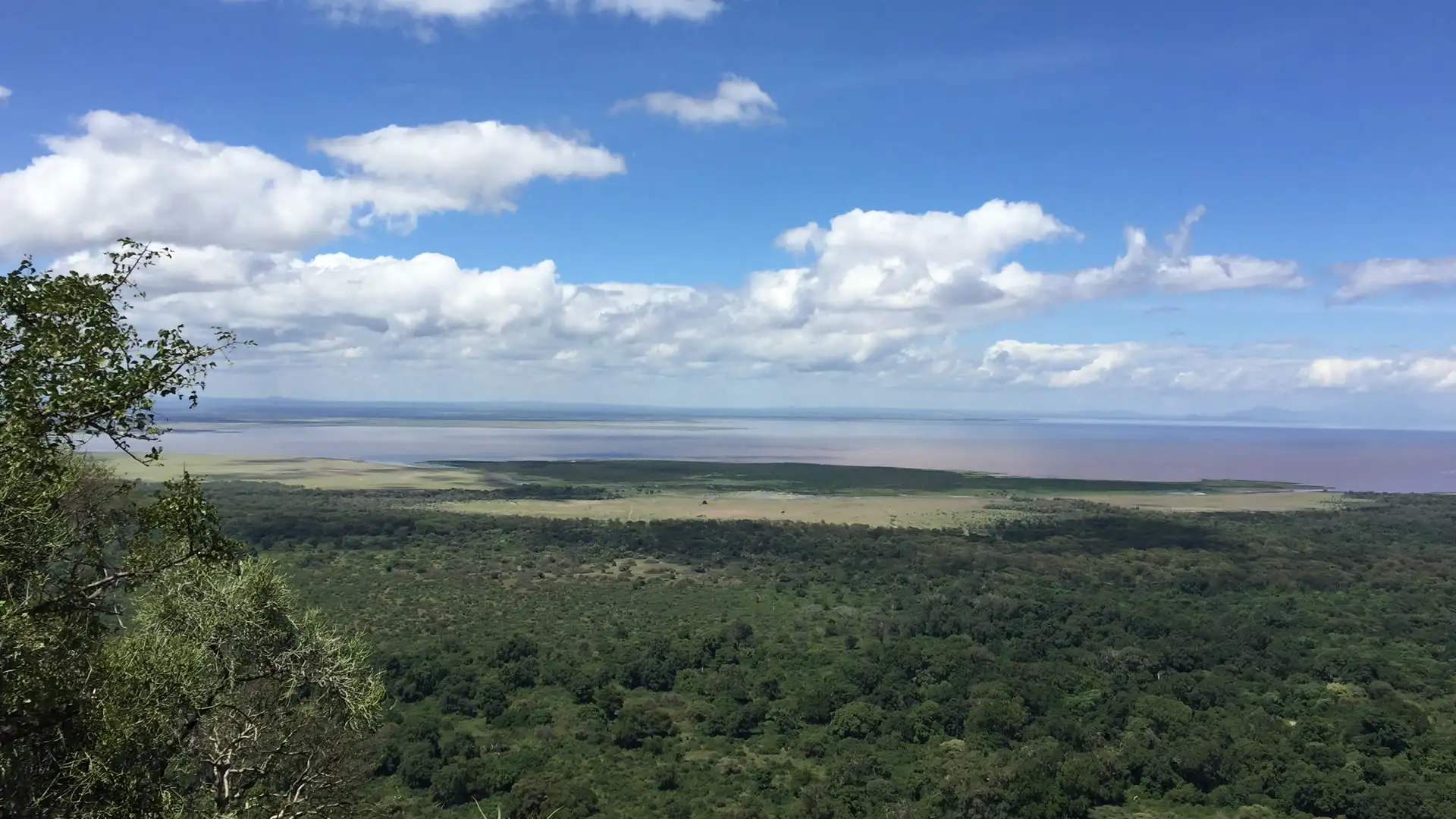
3-Day Luxury Tarangire, Ngorongoro & Manyara Tour
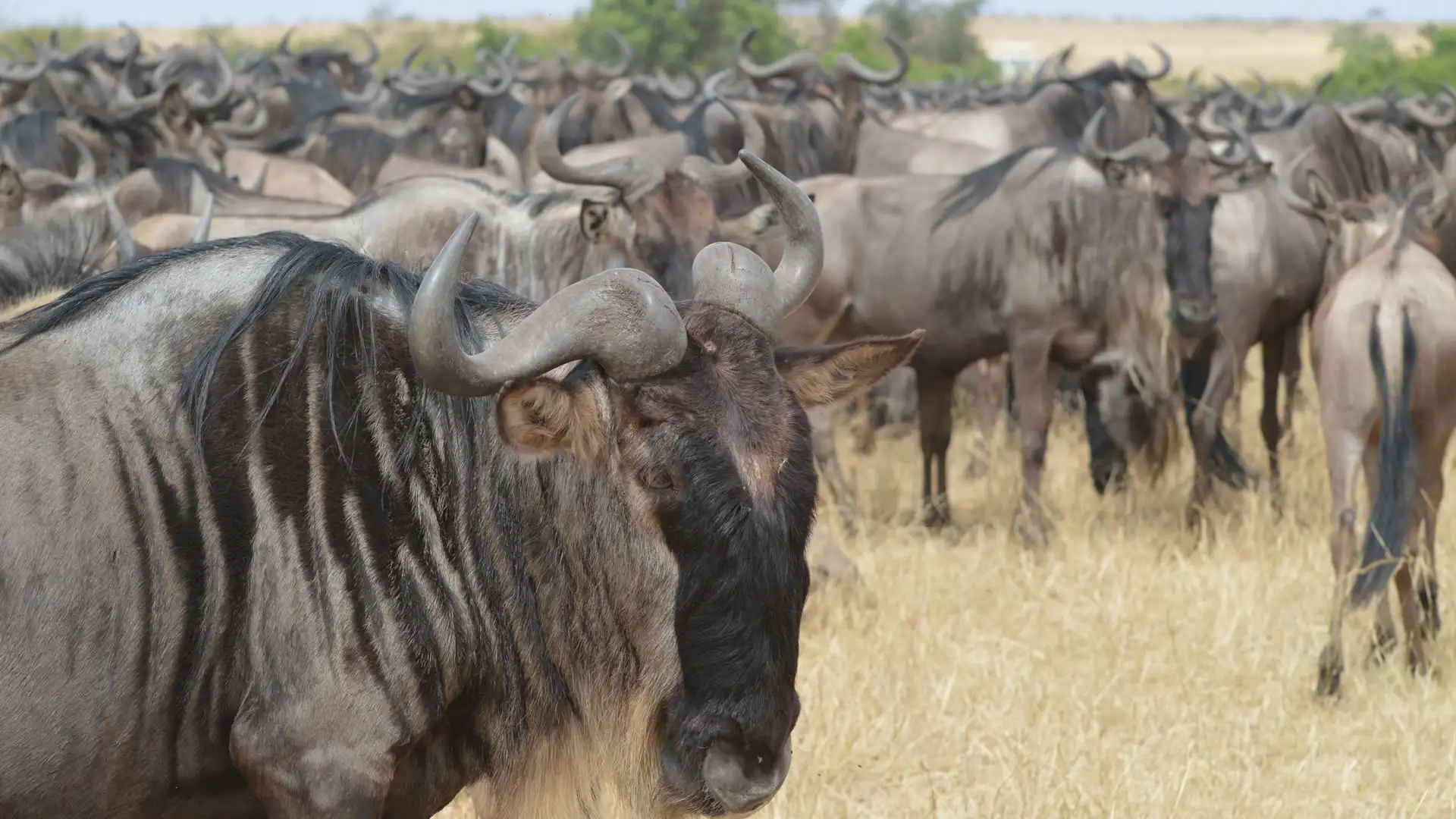
4-Day Serengeti, and Ngorongoro Lodge Safari
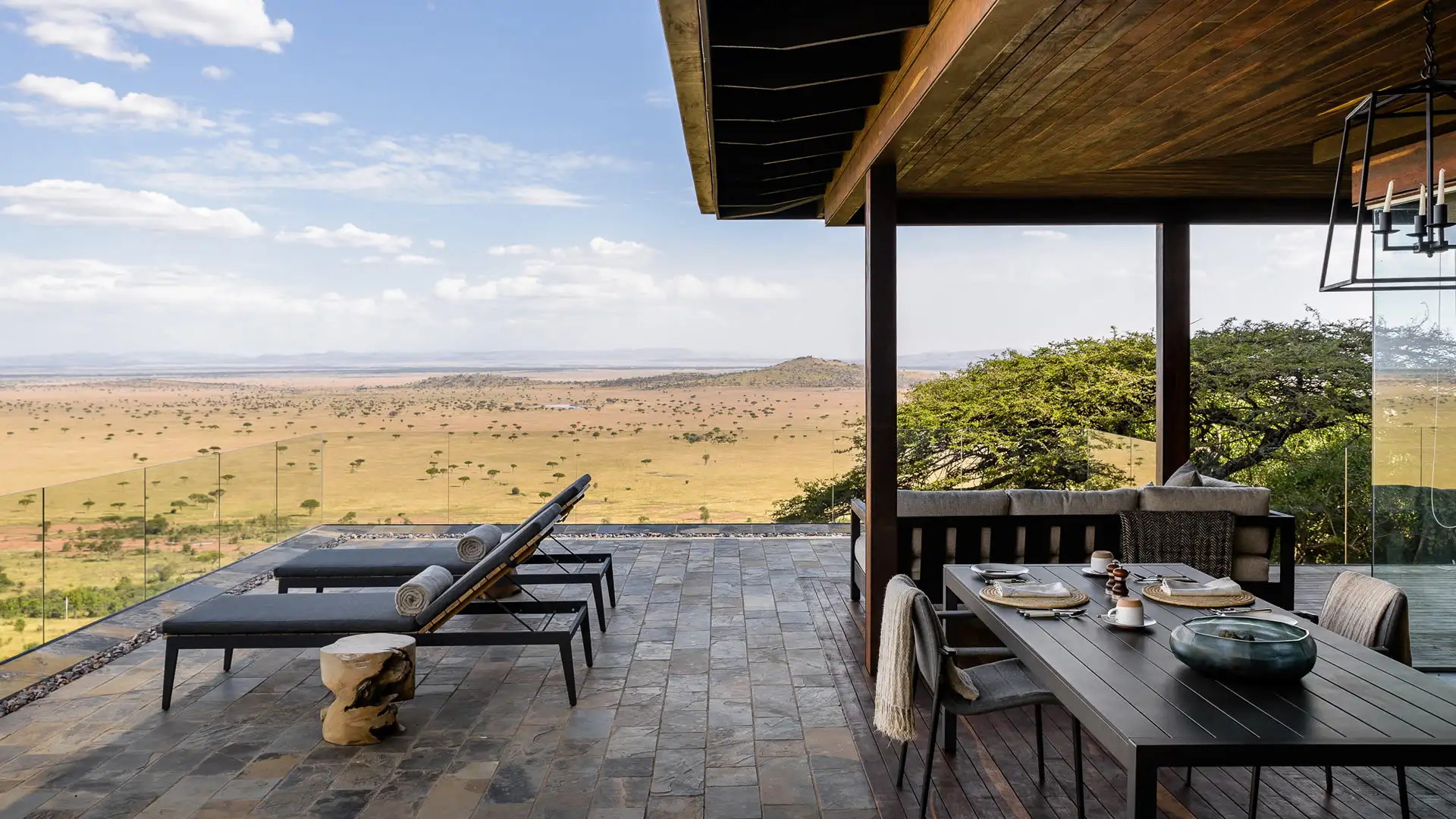
5-Day Classic Tarangire, Serengeti & Ngorongoro Safari
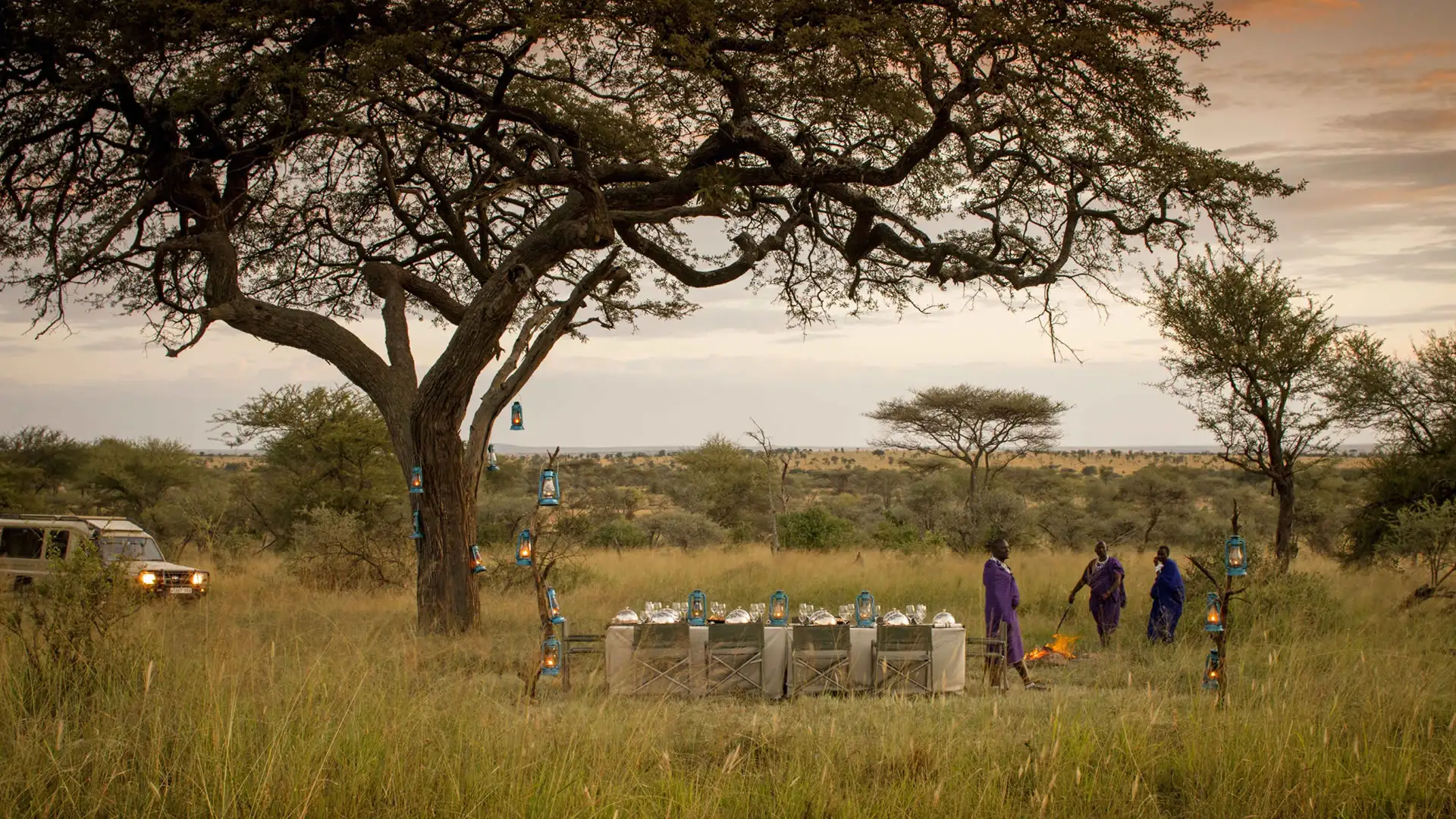
6-Day Northern Tanzania Safari Circuit Adventure
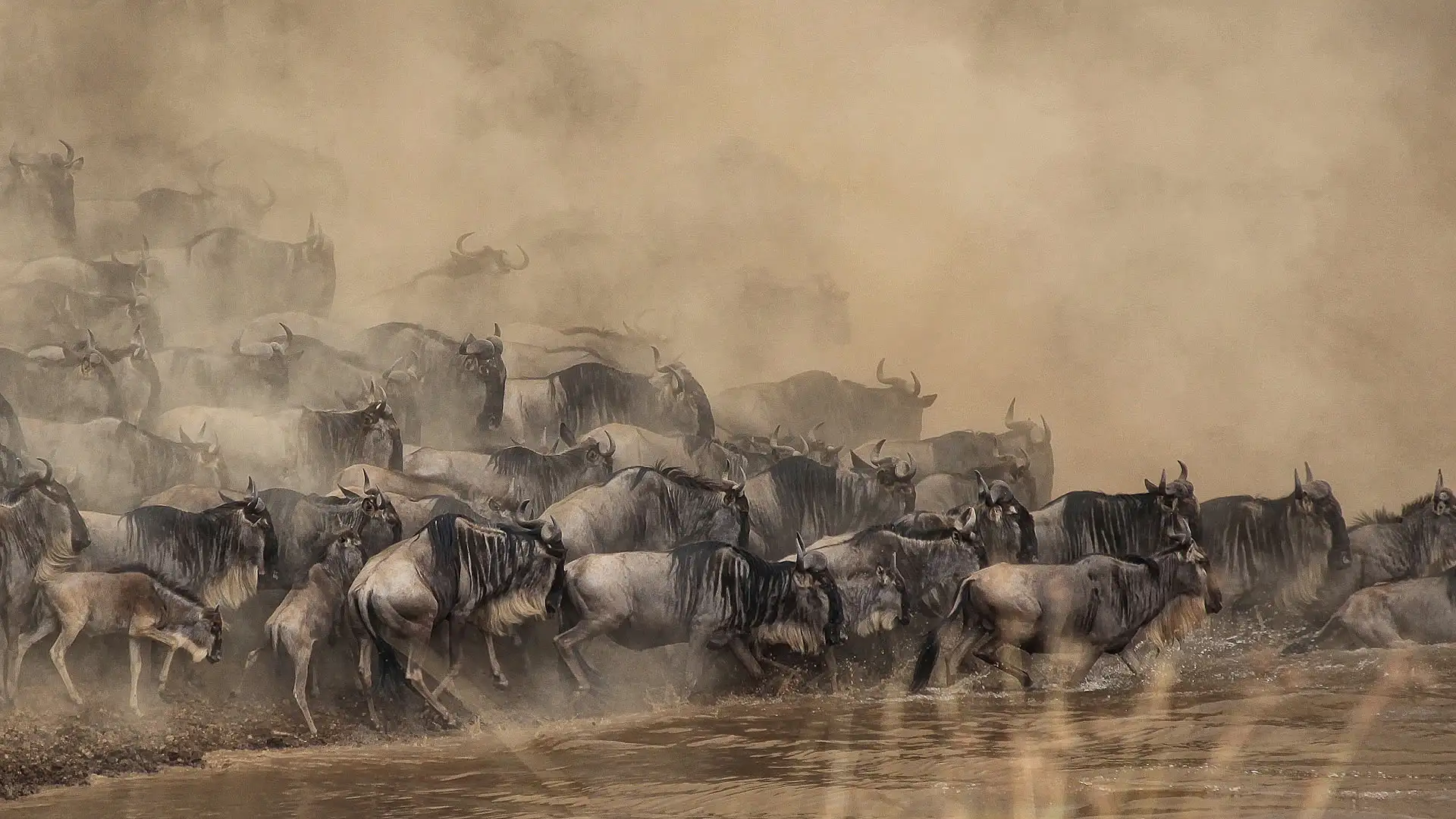
7-Day Wildebeest Great Migration Serengeti Safari

10-Day Tanzania Beach to Zanzibar Safari Adaventure
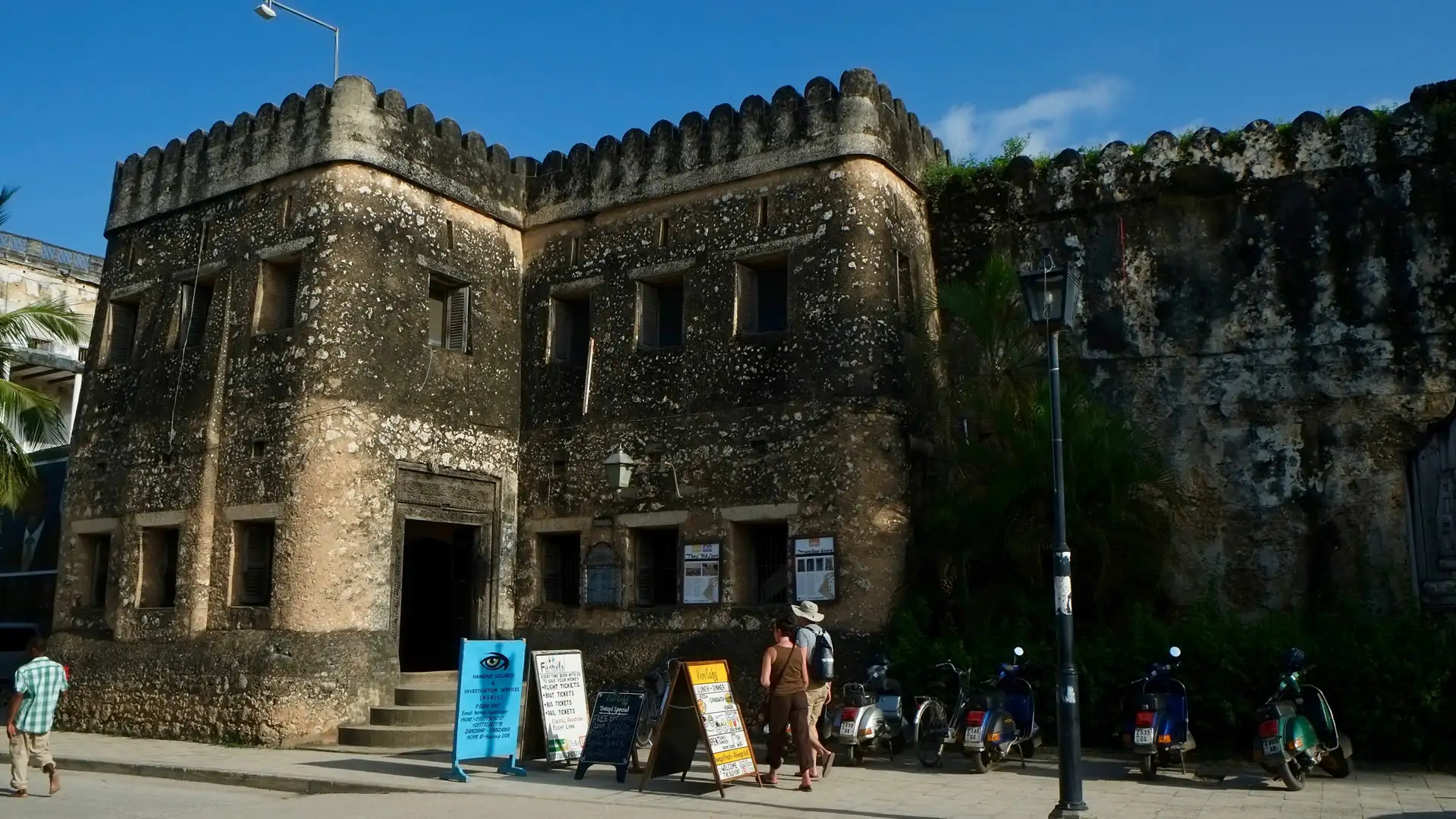
12-Day Tanzania luxury Safari and Zanzibar vacation
Ready to Visit the Serengeti?
Let’s plan your Safari together!
useful FAQs about Serengeti National Park
The Serengeti is in northern Tanzania, East Africa.
It is best known for the Great Migration, where millions of wildebeest, zebras, and gazelles move in search of fresh grass and water.
You can see the Big Five, lions, leopards, elephants, buffaloes, and rhinos—plus giraffes, cheetahs, hippos, crocodiles, and many more.
You can visit year-round, but the Great Migration is usually from June to October (river crossings) and December to March (calving season).
The park covers about 14,763 square kilometers, making it one of the largest national parks in Africa.
Yes, it is protected as a World Heritage Site because of its unique landscapes and wildlife.
Most visitors fly into Kilimanjaro International Airport (JRO) or Arusha Airport (ARK), then travel by road or small plane to the park.
Yes, it is safe when you travel with a licensed safari company and follow park rules.
Yes, there are many choices, luxury lodges, tented camps, and budget campsites inside and around the park.
Most visitors stay 3 to 5 days to enjoy game drives and have a good chance to see the wildlife.
It’s usually warm during the day and cooler at night. The long rains are from March to May, and the short rains are in November.
Yes, children are welcome, and many lodges and camps are family-friendly.
Light clothing, a hat, sunscreen, insect repellent, binoculars, a camera, and comfortable shoes.
Yes, most travelers need a visa, which can be obtained online or at the airport on arrival.
Why should I visit the Serengeti?
Because it’s one of the best safari destinations in the world, offering stunning views, rich wildlife, and unforgettable safari experiences.
Destinations to Add to Your Serengeti Safari
See more of Africa by adding extra stops/destinations to your safari. You’ll enjoy many kinds of wildlife and beautiful nature.
